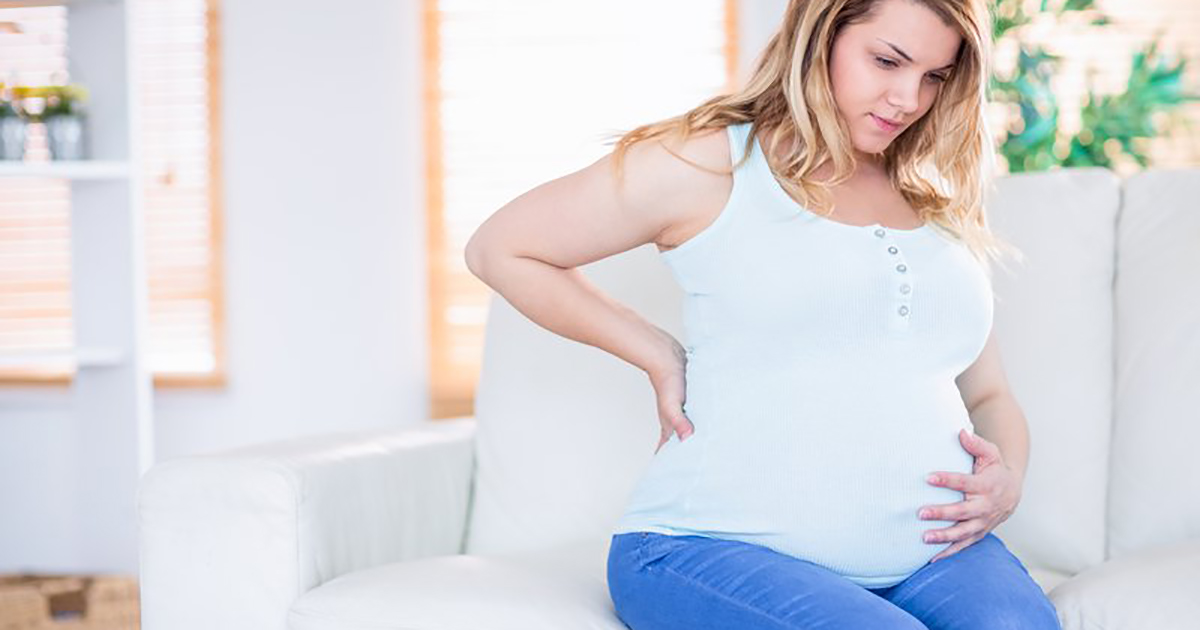Common Causes Of Varicose Veins
Constipation

One bout of constipation won't typically contribute to varicose veins. But if an individual suffers from chronic constipation issues, they're more likely to develop varicose veins. Constipation occurs when individuals have trouble with their bowel movements or don't have as many bowel movements as they usually do. The majority of cases of constipation aren't serious and can be rectified with proper hydration and more fiber intake. However, some conditions can cause constipation to be chronic.
Individuals shouldn't go longer than three days without having a bowel movement. Three days is long enough for fecal matter to harden and become more difficult to move. In addition to individuals adding fiber to their diet and drinking more water, exercising helps ease constipation. Exercise makes the digestive muscles work more actively. If none of these things work, patients can use a laxative to try to induce a bowel movement. However, they should avoid taking laxatives regularly, and always talk to a doctor before trying any new laxatives or other medications.
Pregnancy

Pregnancy is one of the most common reasons women develop varicose veins. Throughout a pregnancy, the amount of blood inside a woman's body goes through a substantial increase. The increased blood helps support the fetus as it grows. But it can also cause the veins in the woman's legs to become enlarged. The added pressure from the pregnancy weight also increases the woman's risk of varicose veins. It's important for women to take care of their health by eating and hydrating correctly during their pregnancy. Weight gain is not only normal, but it's also imperative for healthy development. Women shouldn't avoid food or make any drastic lifestyle changes during their pregnancy without first consulting a doctor. Basic at-home methods can help ease the discomfort from the increased pressure and fluid buildup in the legs. Women should elevate their legs when they can so they can rest their feet and let blood flow through the rest of their body. Compression garments can also help prevent the pooling of blood. Varicose veins sometimes can't be avoided, though, especially since hormonal changes are thought to play a part.
